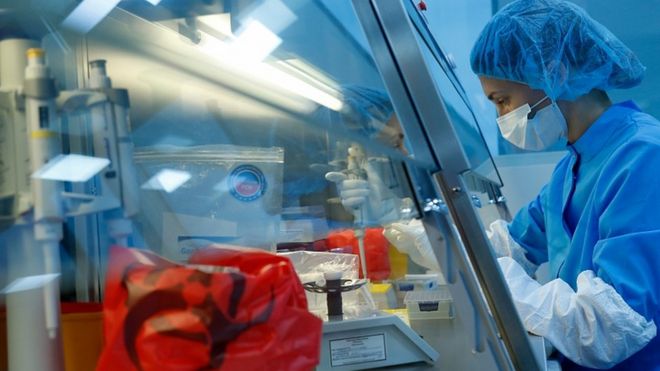A single wedding celebration has been linked to at least 49 cases of COVID-19 in the province.
The 63-person event in early October was attended by “a large number of Albertans from different households,” according to Alberta Health spokesman Tom McMillan.
All 49 cases remain active and “aggressive” contact tracing is underway to find other infections linked to the event.
McMillan said it’s not clear what specific factors led to the high number of cases in this outbreak. He said there are no links to any long-term care facilities, nor are there any known hospitalizations from the event.
Alberta chief medical officer of health, Dr. Deena Hinshaw, said Tuesday there have been several outbreaks at weddings, funerals and other social gatherings over the last few months.
“It’s simply an example of a kind of activity we know causes spread if an infectious person shows up,” she said.
Hinshaw said the wedding did have portions that were indoors, but organizers said they were doing their best to follow public-health guidance. She thanked wedding guests for working closely with contact-tracers.
“At these events, COVID-19 has spread quickly and dramatically among well-meaning people,” Hinshaw said. “I want to remind anyone planning any kind of social gathering that it is critical to keep your gathering small, to ensure anyone with symptoms does not attend, to make sure all those attending are keeping distance from each other and ideally, as a precaution, wearing masks, as at social gatherings it is very difficult to keep distant at all times.”
McMillan said people need to stay away from gatherings if they have any symptoms — even mild ones — or if they’re waiting for test results.
“It is also important that organizers of social gatherings do everything possible to comply with the public health guidance in place, including ensuring that there is enough space for physical distancing between cohorts, following gathering size restrictions, and avoiding sharing food and utensils,” said McMillan.
Dr. Craig Jenne, an infectious-disease researcher at the University of Calgary and a Canada Research Chair, said by just about any definition, the wedding could be described as a superspreader event.
“Early on, even 15 cases was considered a superspreader event,” he said. “So 49 cases at one event seems to fit the criteria to the letter.”
Jenne stressed that other weddings have been held without issues, adding that a large gathering isn’t a guarantee the virus will spread among people. But the risk for spread increases with larger gatherings, he added.
“Every time you have one of these large gatherings, the potential is there,” said Jenne. “And if the virus is introduced into that environment, the potential is there for widespread transmission.”
As a relatively new virus, Jenne said there’s still a lot of unknowns about how easily COVID-19 spreads.
“As we learn more and more about the individual dynamics of that virus, our prediction and our modelling gets better and better,” he said.
Until more is known about the virus’s ability to spread, Jenne said current guidelines regarding mask-wearing and social distancing will go a long way toward improving safety.
































